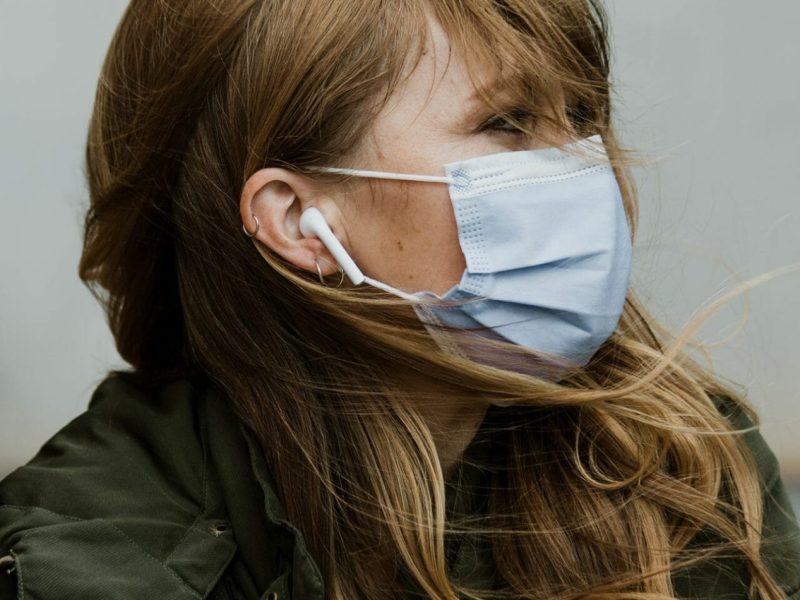We’ve put together some lockdown habits that could be causing you to age…
The coronavirus has had an impact on virtually every aspect of our lives, from our finances to our relationships. One area you might not have considered, however, is your face. But as Hannah Betts writes in The Times, “COVID-face” is real, and many of us have aged 5 years in six months as a result of the pandemic. Below, we’ve rounded up some common habits that you might have picked up over the past year, and remedies to help you overcome them.
Stress
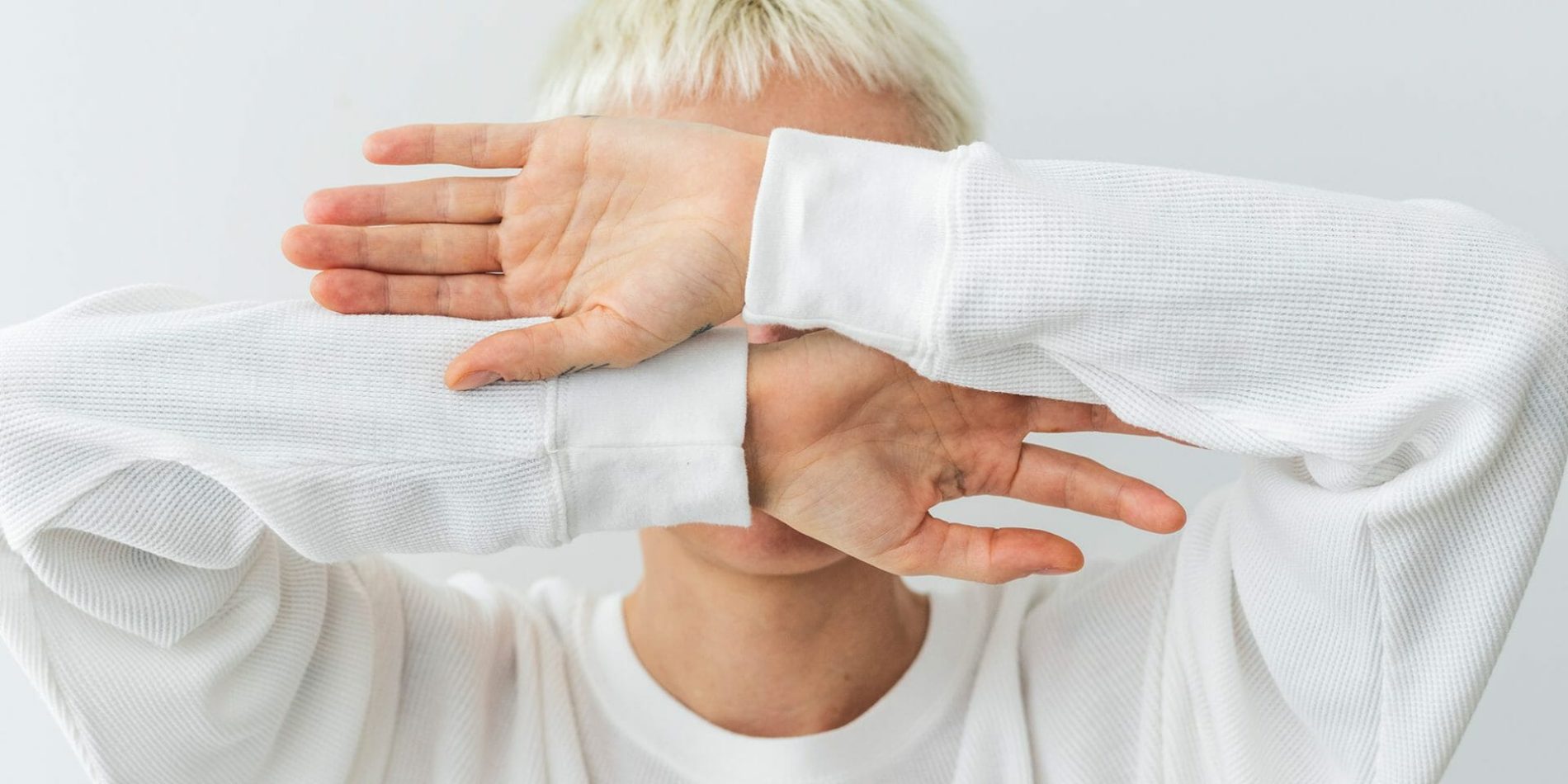
Let’s face it: the past year has been challenging. Whatever the current situation means for your family and livelihood, it’s likely that you’ve spent at least some of your time feeling anxious and stressed. Indeed, simply turning on the news is enough to make anyone panic, but it’s important to listen to your body and understand when you’re stressed, and find ways to avoid it. Stress does more than make you feel tired and older than you are – it physically accelerates the ageing process and adds years to the age of your immune system cells.
According to a study published in the Proceedings of the National Academy of Sciences, telomeres (the caps on the end of chromosomes) get shorter when cells divide, and the time “runs off the clock”. When those telomeres become too short, the cell can no longer replenish itself, and that forms part of the ageing process. Simply put, the more stressed you and the longer you’re stressed for, the more likely you are to look much older than you are.
Spend time working out your trigger points and look for ways to reduce stress in day-to-day life. Right now, that could mean avoiding the news, turning off your computer at 6 PM to ensure you don’t work into the evening, and making time for yourself. A hot bath, relaxing music, and a glass of wine can do the trick. Picking up a new hobby could aid in destressing.
Comfort eating

Comfort eating is about much more than boredom or satisfying hunger: it’s an emotional response and can be damaging. It’s so tempting to reach for chocolates, junk food, and alcohol when we’re not feeling great, but doing so can make you feel worse – and age you. Of course, using food as a reward on an occasional basis is fine, but if you think that you’re using it as a crutch, it could be time to assess your eating habits and make healthier choices.
Remember: physical hunger comes on gradually, whereas emotional hunger is instant. Real hunger can wait, but emotional hunger feels like it must be satisfied right away. Identify your triggers, whether it’s stress, social influences, or childhood habits, keep a food diary to see exactly how much you’re eating, and if you do have a craving, put it off for ten minutes and see if it lasts. Small adjustments like these can have a big impact on your calorie intake.
Overeating not only accelerates the ageing process, but it can lead to a whole host of health conditions. Try to eat until you’re 70% full, spend time chewing your food, and drink plenty of water throughout the day. You’ll soon realise more often than not, you’re thirsty, not hungry.
Lack of sleep
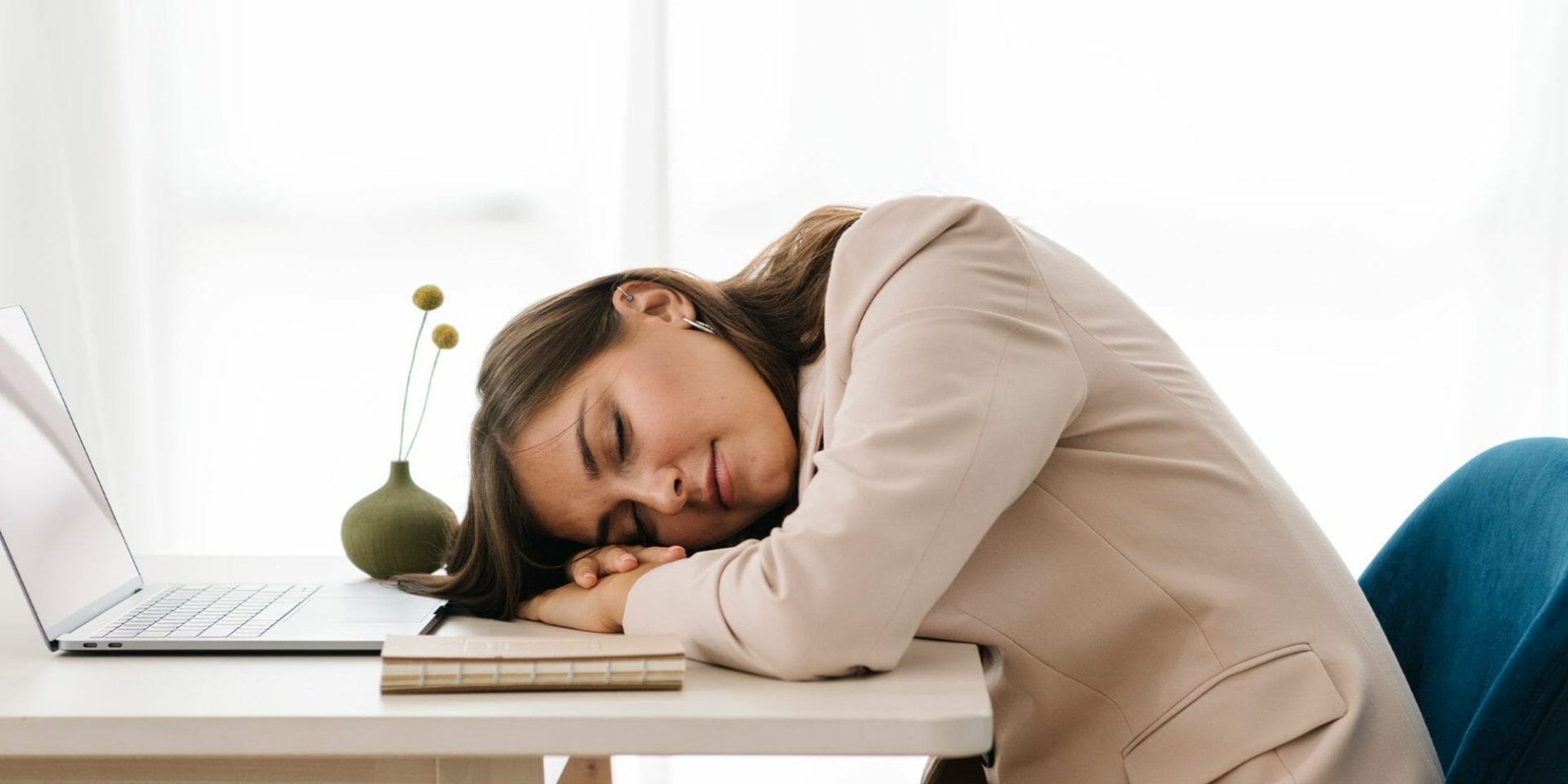
The COVID-19 pandemic has disrupted many aspects of our lives, including our sleeping patterns. Changing routines, economic and political uncertainty, and health anxiety can all keep you awake at night – but failing to get enough shuteye is a sure-fire way to accelerate the ageing process and encourage fine lines and wrinkles to form on your face. In fact, a recent study suggests that even just one night of sleep deprivation can cause cells to age faster than usual, so make it your aim to wind down on an evening and get enough sleep.
When you’re in deep sleep, chemicals such as insulin are regulated within your body, and if you don’t give yourself enough time to access those phases, your body can’t distribute what it needs to for the next day, which means that cells miss out on replenishment and renewal. A study found that those who maintained a higher quality pattern of sleep recovered from skin stressors such as inflammation, redness, and elasticity loss, so it’s vital that you turn off the lights and allow your skin time to repair itself. If you don’t, you’ll look old before your time.
Try to keep a normal daytime routine, avoid screens in your bedroom, and don’t use your bedroom as an office if you can help it. Exercising during the day can reduce stress and keep your body in its usual rhythm, and avoiding naps will ensure you’re tired come bedtime. Try not to eat dinner too late, avoid caffeine on an afternoon, and consider some meditation.
Failing to use SPF
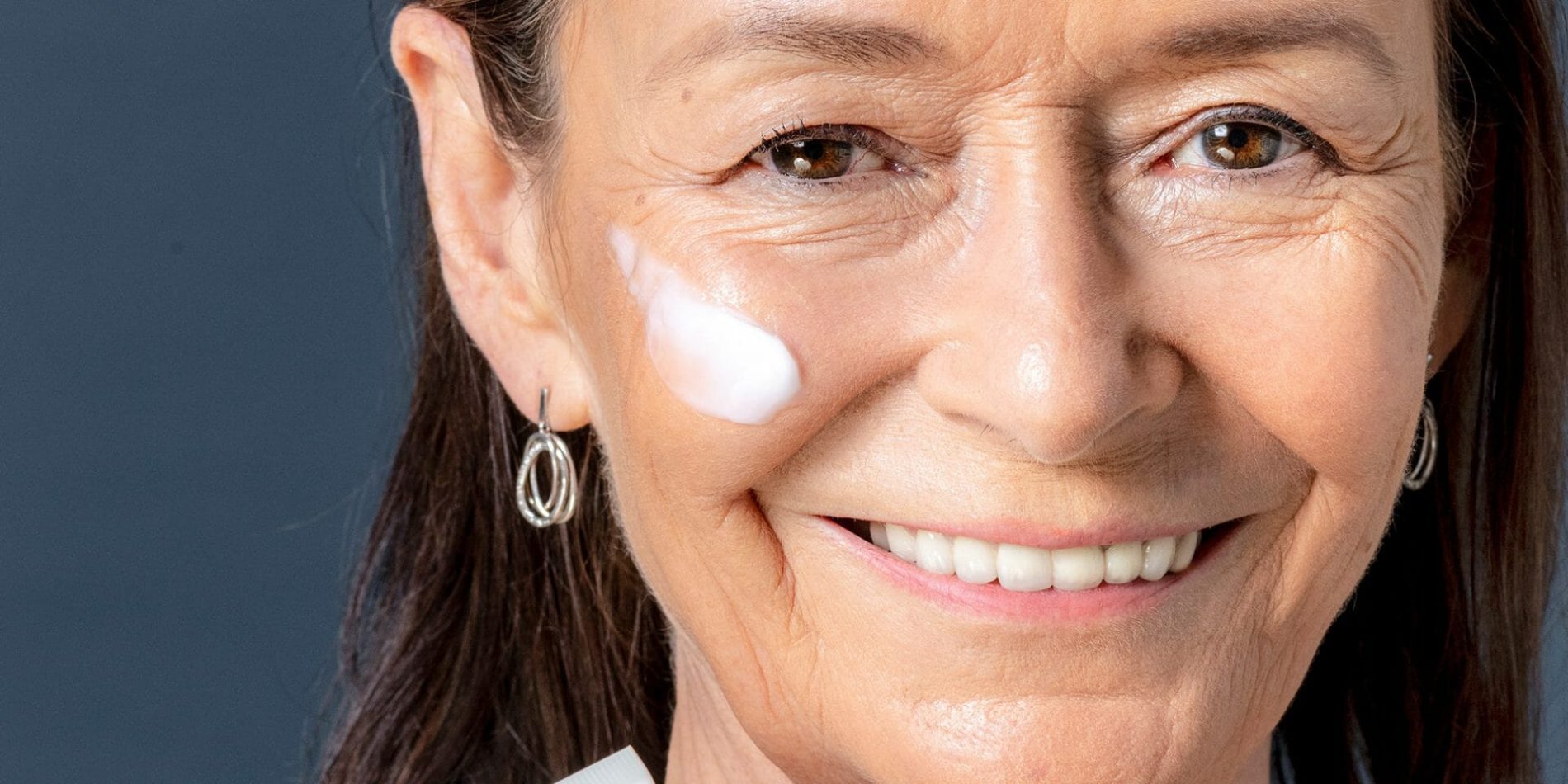
If you’re spending all of your time at home, the chances are that your usual beauty regime has gone out of the window. But it’s vital that you keep on top of your skincare routine and apply an SPF moisturiser every day – even during the winter and even if you’re only planning to walk the dog on an evening. UV rays from the sun (50% of UVA rays can make their way through glass, damaging your skin when you’re working in the home office) are one of the biggest causes of visible ageing signs, so an SPF 30+ moisturiser every single day. This will help you prevent dark spots, wrinkles, and other signs of ageing, and moisturising means that you’ll gain access to antioxidants which can replenish your skin and keep it hydrated.
Work from Home posture
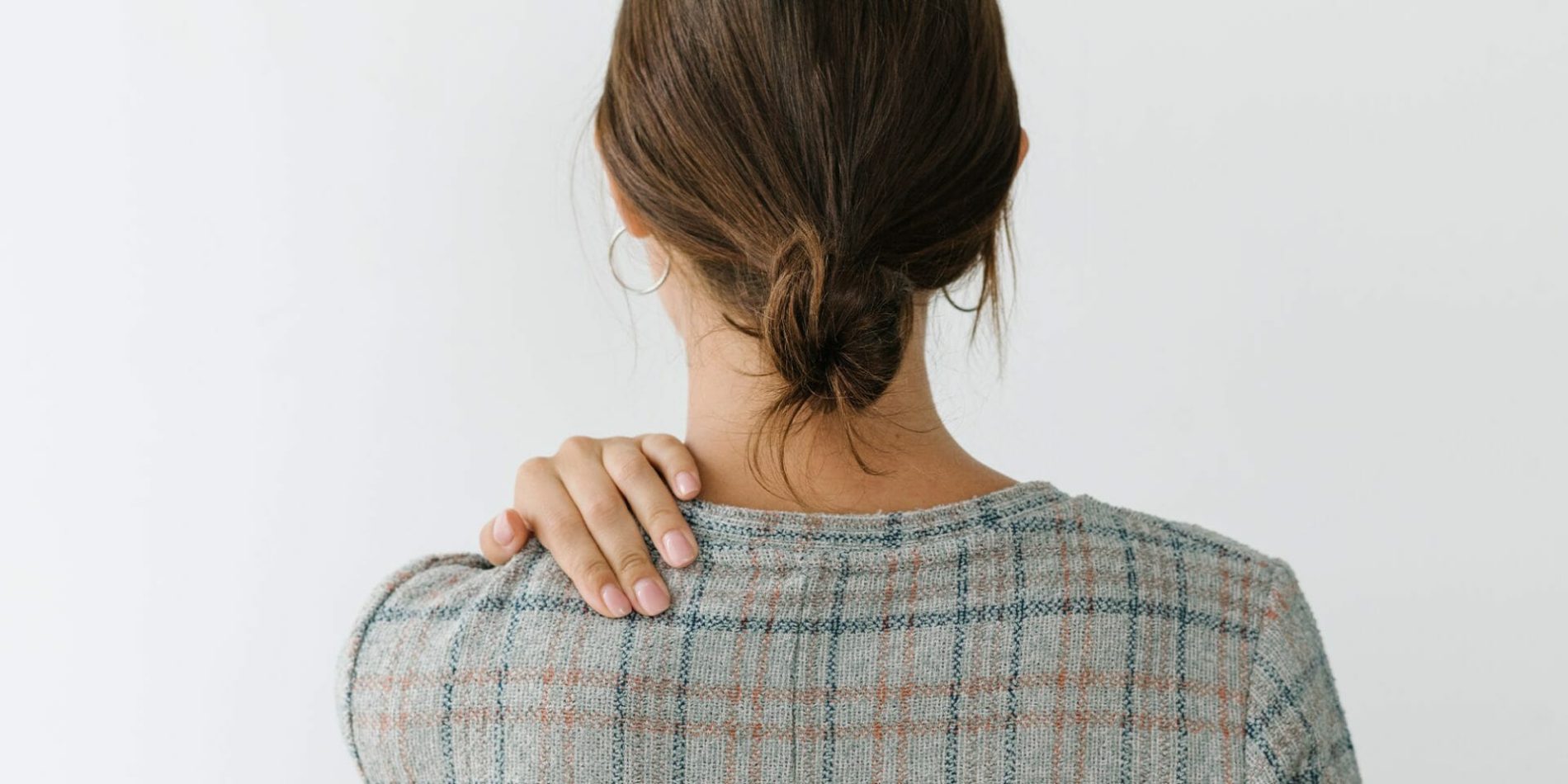
How’s your posture? Sitting on chairs and beds to work can not only make you ache, but it can cause crippling long-term pain. If you’re working from home and using a laptop, chances are that you’re hunched over your machine, which can lead you to develop neck and upper back pain over time. Buying a keyboard, mouse, and monitor and working from a desk can promote better posture, and it’s much more comfortable if you’re working at home full-time.
Where possible, mix up your working environment, spending some time in the kitchen, the home office, and the living room, and stand up for an hour to avoid sitting for long periods. It’s also important to get some fresh air and exercise to activate your muscles and keep you performing at your best – a lunchtime walk or quick clean of your living space can help here.
Poor posture can have a serious impact on the ageing process, not only making you look older and more tired than you are but causing long-term side effects such as poor balance and an increased propensity to fall. According to Age UK, millions of older people are worried about falling over, with 4.3 million (36%) saying it topped their list of concerns. Look after your posture today with the right office furniture and your future self will thank you for it!
How many of these lockdown habits have you formed? Join the conversation on Twitter at @Oralift and visit our website to find out more about our anti-ageing mouthguard device.

